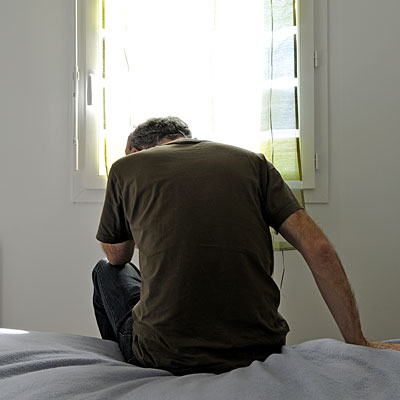Have noticed the appearance and increase in the idea of pre-wedding counselling or preparation recently? You might have thought that couple counselling is only for couples who have problems. Alternatively you may be riding the crest of a loving wave happily preparing to spend the rest of your life with your beloved. However it is worth taking a closer look at pre-marriage Counselling.
Couples now have to contend with increasing demands that can affect their relationship such as balancing dual careers, childcare, finances and friends. Within this context it is not surprising that many couples that start off with positive intent can find themselves getting into bad habits and stuck patterns that can eat away at the relationship and become harder to fix when more entrenched. Added to this is a lack of traditional support as families live further away and Iead increasingly disparate lives. It is a sad fact that half of marriages end in divorce and it is estimated that only half of those that survive are happy ones. Although statistics on civil partnerships are less readily known early indications unfortunately suggest it is just as difficult to make these work.
Pre wedding counselling acknowledges the reality of the challenges couples face in making their relationship work. Indeed a good skills based approach has been shown the reduce the chances of divorce by as much as 30% and lead to a happier marriage. It can also help which pre wedding stress. Therefore, it would appear that the idea of pre wedding or civil ceremony counselling might be worth considering to give your relationship the best chance of success. After all it is one of the most important events in your life. Pre wedding counselling is available at Lotus Therapeutics with a qualified and registered Family Therapist who will get to know you as a couple including your strengths and limitations. You will then be offered a skills based approach to help supplement your existing strengths and help to prepare you for whatever life has to throw at you.
Lotus also has Couple Counselling service for established couples who are either experiencing difficulties or also want to give their marriage a greater chance of success.








